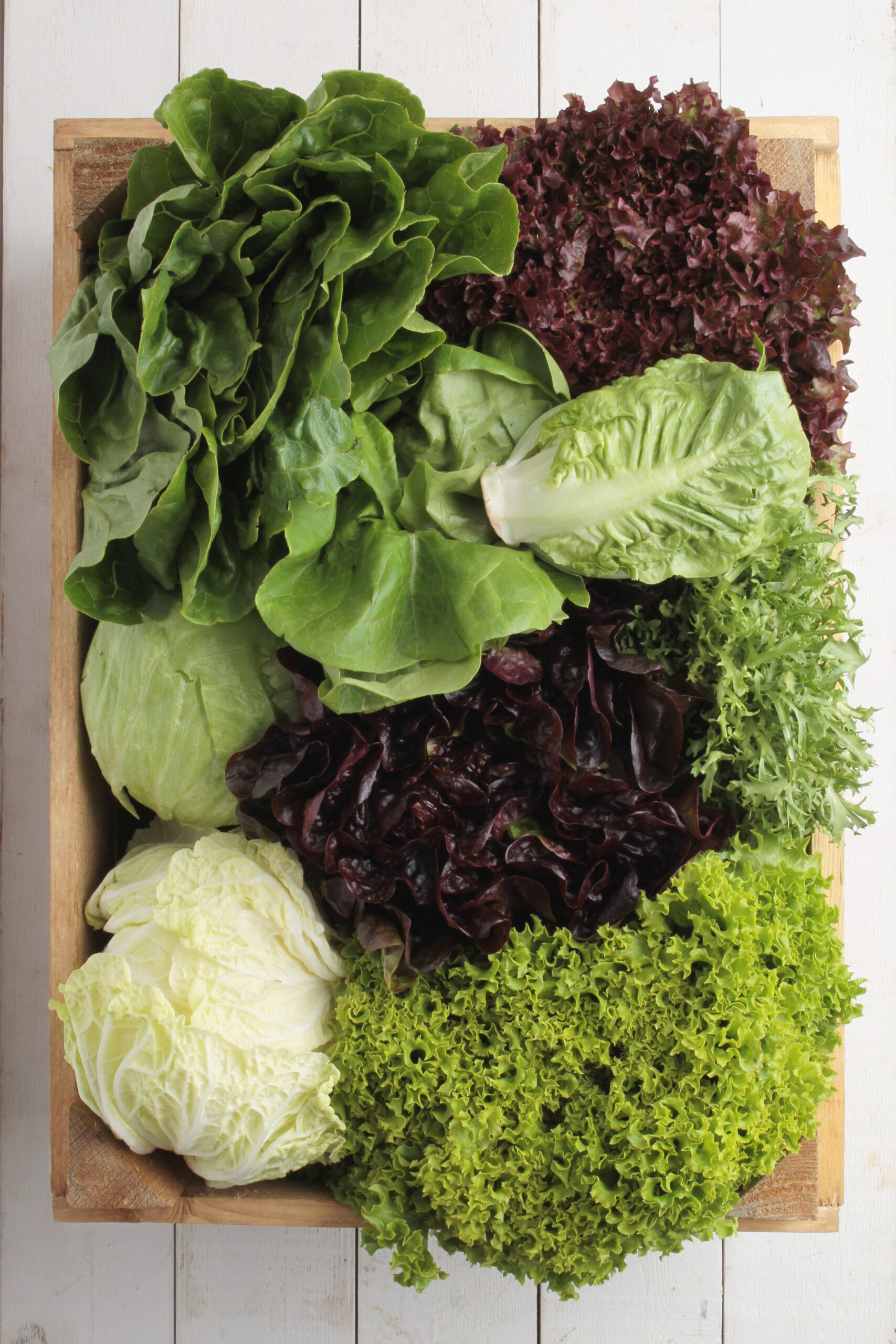Are you thinking about starting a diet? If so, it’s essential that you understand the basics of what makes up a healthy and balanced diet. In this article, we will cover everything from understanding calories and macronutrients to setting realistic goals for your diet plan. Let’s get started!
Introduction to Dieting
A diet is simply a way of eating that helps you achieve your weight loss or fitness goals. There are many different types of diets out there, including low-carb, high-protein, vegetarian, vegan, and more. It’s crucial that you choose a diet that works best for your body type and lifestyle.
Need a Strong Nutrition Boost for Your Diet? Take a Look...
The Importance of a Balanced Diet
A balanced diet is one that includes all the necessary nutrients in appropriate proportions to maintain good health. A balanced diet should consist of whole grains, fruits, vegetables, lean protein sources, and healthy fats. This type of diet can help reduce your risk of chronic diseases such as heart disease, stroke, and type 2 diabetes.
Understanding Calories and Macronutrients
Calories are units of energy that come from food and drinks. To lose weight, you need to create a calorie deficit by burning off more calories than you consume. Understanding how many calories you need per day based on your age, gender, height, weight, and activity level is critical when creating a diet plan.
Macronutrients include carbohydrates, proteins, and fats. Each macronutrient has a specific role in the body, and consuming them in the right proportion is vital for optimal health. Carbs provide energy, while proteins build muscle tissue and repair cells. Fats supply fatty acids needed for brain function and hormone production.

Common Mistakes People Make When Starting a Diet
One common mistake people make when starting a diet is being too restrictive with their food choices. Restricting entire food groups or going on extreme diets may lead to quick initial results but often leads to burnout and failure long term. Another mistake is not tracking progress regularly. Tracking your meals and exercise routine can help identify areas where adjustments need to be made. Finally, not incorporating enough variety into your diet can also lead to boredom and ultimately failing to stick to your diet plan.
Need a Strong Nutrition Boost for Your Diet? Take a Look...
Setting Realistic Goals for Your Diet
It’s essential to set achievable goals when starting a new diet. Setting unrealistic targets like losing 5 pounds a week can demotivate you if you don’t reach them. Instead, aim for small yet consistent changes, such as reducing portion sizes or adding an extra serving of vegetables each day. These small steps add up over time and can result in significant weight loss without feeling overwhelmed.
Creating a Meal Plan That Works For You
Meal planning is an excellent way to ensure that you stay on track with your diet. Start by identifying your daily caloric needs and then allocate those calories across breakfast, lunch, dinner, and snacks. Ensure that you have a balance of macronutrients at each meal, including complex carbohydrates, lean protein, and healthy fats. Planning ahead can save you time and prevent impulse purchasing of unhealthy options.
Incorporating Exercise into Your Routine
Exercise plays a critical role in achieving your weight loss goals. Regular physical activity can increase metabolism, boost mood, and improve overall health. Begin by incorporating light exercises like walking or jogging for short periods daily. As you become more comfortable, gradually increase intensity and duration. Remember to listen to your body and rest when necessary.
Overcoming Obstacles and Staying Motivated
Sticking to a diet plan can be challenging, especially during times of stress or social events. Overcoming obstacles requires discipline and dedication. Some ways to stay motivated include finding a workout buddy, joining online support groups, rewarding yourself after reaching milestones, and focusing on non-scale victories like improved sleep quality or increased energy levels.
FAQs About Dieting
Some frequently asked questions about dieting include “What is the best diet?” which depends on individual preferences and lifestyles, “How much water should I drink every day?” around eight glasses, “Is counting calories necessary?” yes, to create a calorie deficit, and “Can I eat dessert on my diet?” moderation is key, so occasional indulgence is okay.
Conclusion: Taking the First Step Towards a Healthier Life
Starting a diet can feel daunting, but taking the first step towards a healthier life is always worth it. By following these tips and tricks, you can create a sustainable and effective diet plan that works for you. Good luck on your journey towards better health!












